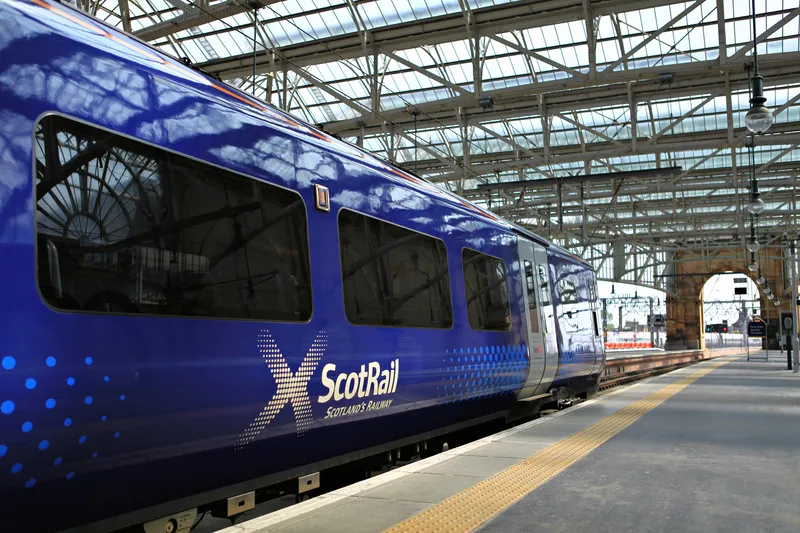CTM systems are used to assess pavement damage caused by heavy vehicles.
IRD says the systems will collect data from 81 traffic monitoring sites to help influence the development of commercial vehicle enforcement in Hawaii.
As part of the agreement, IRD will deploy its Vehicle Information in Motion data collection, reporting and analytics service to provide a complete picture of activity across all traffic monitoring sites.
Additionally, the data will be used to provide estimates for noise studies and identify changes in highway travel patterns.
Randy Hanson, IRD's president and chief executive officer, says: “This project shows the importance of continually advancing IRD’s technology to anticipate our customer’s future needs.”
Aside from Hawaii, other traffic monitoring sites are located on neighbouring islands Oahu, Maui Lanai, Molokai and Kauai. More sites are expected to be added during the project.
IRD to operate continuous traffic monitoring systems in Hawaii
IRD will supply and operate continuous traffic monitoring (CTM) systems to support the Hawaii Department of Transportation’s operations on state highways. The Canadian firm will collect traffic and weight data in a five-year contract valued at $8.1m.
CTM systems are used to assess pavement damage caused by heavy vehicles.
IRD says the systems will collect data from 81 traffic monitoring sites to help influence the development of commercial vehicle enforcement in Hawaii.
As part of the agreement, IR
September 25, 2018
Read time: 2 mins








